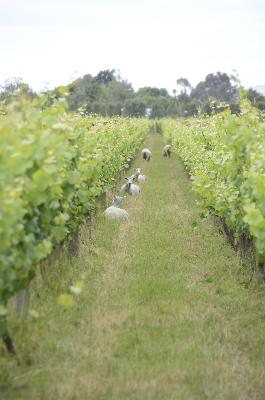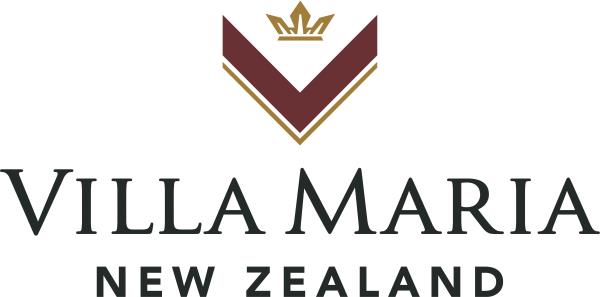
Villa Maria as a family business has always been guided by the overriding objective of leaving something for the next generation. And that means healthy and successful vineyards!
An integral part of successful winemaking is of course creating great soil conditions for the vines to thrive in. Through using organic vineyard management to reduce and eliminate the use of harmful chemicals, the health of the soil definitely improves.
Around 500 sheep graze the vines over winter at our Joseph Soler Vineyard in Hawkes Bay, eating the weeds and providing natural (and free!) fertiliser. They then return again in summer for leaf plucking. When drinking a lovely glass of Villa Maria wine over dinner, did you ever think that sheep had been involved in the production of it?!
Every second row at Joseph Soler has also been re-grassed from rye to a mixed species of grass, including plantain and clover. Rye is used widely across the industry, but in fact using a mixed species greatly improves soil quality. In addition, phacelia and buckwheat flowers have been sown every 30 metres at this vineyard, chosen because they attract parasitic wasps that kill harmful caterpillars. These are just a few of the ways this vineyard has improved its soil quality.
Food waste from staff consumption and from our Auckland and Hawkes Bay restaurants is moved to our onsite worm farms. The worm tea produced has a high nutritional content, so it is then added to our vineyards. The leftover worm cast is also utilised in our restaurant vegetable and herb gardens. This composting process assists in both reducing waste as well as improving soil quality, so it’s a win-win situation.




